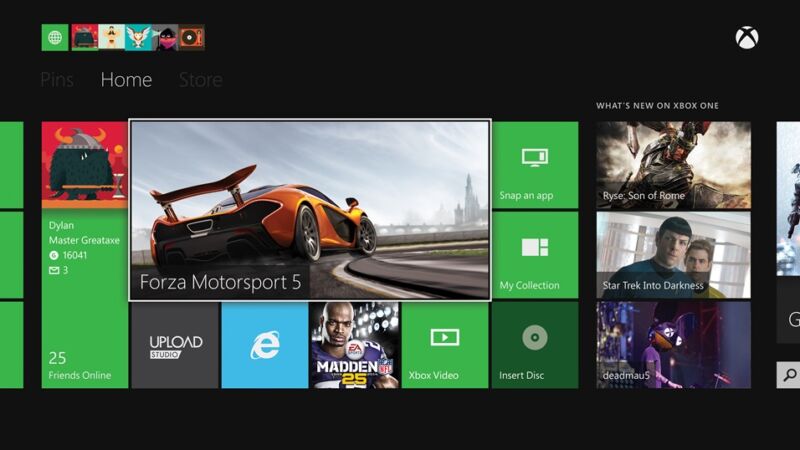
Since its launch in 2017, Microsoft has convinced over 25 million people to pay a monthly subscription fee to access a substantial library of Xbox Game Pass titles. For those not as interested in a monthly subscription, though, Microsoft is now floating a potential model where players could view an ad in exchange for a short period of game time.
The nod toward potential ad-supported game time comes from Xbox Corporate VP for Game Creator Experience and Ecosystem Sarah Bond, who told Rolling Stone UK that she's constantly looking to "introduce more business model diversity" for game developers.
"We’ve talked about how we’re experimenting with other models, like what does it mean for advertising in games which is more prevalent in mobile—are there models of that that work well in PC and console?" Bond said. "Are there other models where you might have timed slices of games and stuff like that?"
Bond's tease comes a few months after some Game Pass players noticed a Spanish-language survey gauging their interest in a cheaper Game Pass tier that included "advertisements before the game" (reminiscent of Netflix's recent ad-supported tier rollout). And Insider reported last year that Microsoft was working with ad agencies to "let advertisers place ads inside free-to-play Xbox games" (expanding on the current practice of ads running on the Xbox dashboard).Would players tolerate it?
Microsoft's signaled interest in attaching ads to games isn't new; the company bought in-game ad network Massive in 2006 before shutting it down in 2010. That effort was part of a rising wave of in-game ad interest that crested during the early years of the millennium.

Since then, mobile gamers have widely accepted interstitial video ads as the price they pay to enjoy many free-to-play titles (though the frequency and length of those ad breaks can vary widely). But it's less clear if these kinds of ad breaks would be as welcome during loading screens or between levels of high-end console games.
"There’s an understanding by gamers that [free-to-play] games will carry ads, but that understanding isn’t necessarily there for AAA-quality games," Naavik analyst Fawzi Itani wrote last year. "How will players react if ads are placed in these experiences? Since Xbox Game Pass already provides so much value as a bundle, these ads have to be very unintrusive to maintain a suspension of disbelief core to the game experience."
Bond seemed to acknowledge this elsewhere in the Rolling Stone interview, saying that any gaming business model should have "an endemic link to the nature of the gameplay. ... Providing creators with options and choice enables them to experiment and do what they like and actually create more immersive and creative experiences without having to fit into a mold."
Finding those new revenue-generating options could be a key focus for Microsoft, which has seen Game Pass subscription growth slow down in recent months. And regardless of subscriber numbers, analyst firm DFC Intelligence recently said that Game Pass "does not appear to be a sustainable long-term business model," largely because of how much valuable first-party content Microsoft has to include to attract those subscribers.
reader comments
112